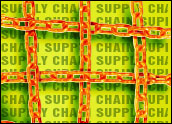
Best Buy has announced the rollout of an electronic product code (EPC) strategy designed to increase its supply chain efficiency over the next several years.
The company yesterday said it plans to leverage radio frequency identification (RFID) technology to drive the change. RFID allows retailers to easily and efficiently track products as they move from the manufacturer to the stores.
Since RFID systems rapidly and simultaneously read tags, Best Buy is counting on the EPC strategy to improve customers’ in-store experiences.
The company said it expects the strategy to significantly increase the organization’s efficiency by increasing product availability, reducing time spent on processes in distribution centers and stores, enhancing real-time product information capabilities and increasing speed to market.
“Our goal is to create a flexible, high-velocity supply chain operating with better product availability for customers at a lower total cost for the company,” Bob Willett, executive vice president of operations for Best Buy, said.
Substantial Discussion
He explained: “We believe RFID technology can transform the way products are produced, distributed and merchandised. Our own operations, customers and suppliers can share in the benefits.”
Best Buy’s EPC strategy provides for rollout of the concept to manufacturers, suppliers and customers.
The company said it chose this strategy after considering others’ perspectives on EPC technology through its membership in EPC Global, an organization working to standardize the global implementation of EPC in an ethical and responsible way.
In addition, Best Buy participated in an Accenture-supported consortium that examined the potential benefits of RFID implementation across the consumer electronics supply chain. The company also conversed with suppliers and surveyed customers.
Best Buy now plans to team with Accenture to further define its RFID program strategy, manage rollout and implementation, and assist suppliers with meeting its integration and compliance requirements.
2006 Target Date
Willett said: “Our EPC strategy should ultimately result in a better customer experience. Customers will be able to more easily find the products they want, when they want them. In the long term, we hope that implementing EPC will enable us to enhance customer service and expedite processes for returns and warranties.”
Best Buy’s major suppliers are expected to begin applying EPC-compliant tags to product cases and pallets by January 2, 2006, with all product cases and pallets tagged by May 2007. In preparation for these changes, the company said it also expects to test several applications of the technology in select stores and distribution centers in the coming year.About Best Buy Co., Inc.
Minneapolis-based Best Buy has more than 750 retail stores across the United States and in Canada, which offer consumer electronics, home-office products, entertainment software, appliances and related services.

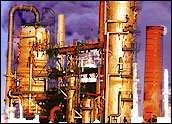
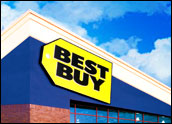
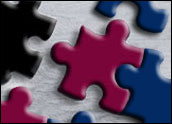


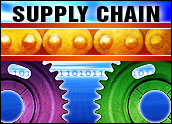
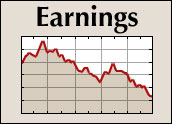
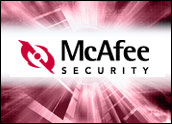
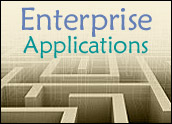
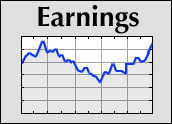













































Social CRM
See all Social CRM